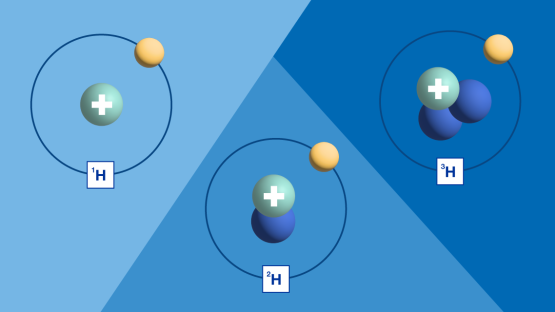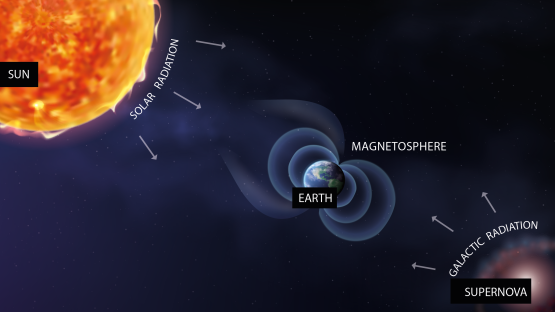
If you would like to learn more about the IAEA’s work, sign up for our weekly updates containing our most important news, multimedia and more.

Nuclear Explained - Nuclear science
Nuclear Explained
What are Isotopes?
Like everything we see in the world, isotopes are a type of atom, the smallest unit of matter that retains all the chemical properties of an element. Isotopes are forms of a chemical element with specific properties. Read more →
What is Cherenkov Radiation?
Cherenkov radiation is a form of energy that we can perceive as a blue glow emitted when the electrically charged particles that compose atoms (i.e. electrons and protons) are moving at speeds faster than that of light in a specific medium. Read more →
Nuclear Explained – New Podcast Explores the Nuclear Side of Life
The IAEA’s new podcast, Nuclear Explained, reveals how nuclear is integrated in and benefits so many aspects of our daily lives. Read more →
The Use of Nuclear Power Beyond Generating Electricity: Non-Electric Applications
Decarbonization to create a CO2-neutral global economy requires decarbonizing all sectors that largely rely on fossil fuels today. Read more →
Cosmic Radiation: Why We Should not be Worried
Cosmic radiation is what it sounds like: radiation from space. In this article, we explore what it is, why we are protected from it on Earth, how it affects people in specific jobs, and how it can even help advance technology for cancer treatment. Read more →
- ‹ previous
- 3 of 4
- next ›





